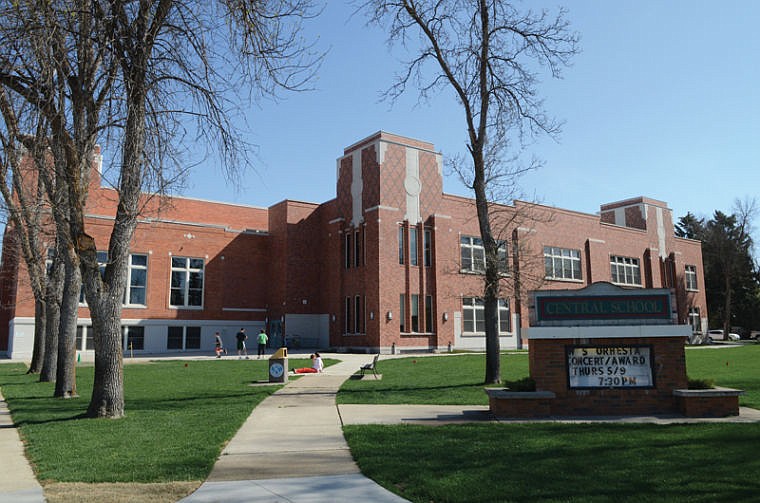Changes in state law prompt levy request
The Whitefish School District made a shrewd maneuver nearly 30 years ago when it began using funds from the city’s tax-increment district to finance maintenance and upgrades for its schools.
Recent changes in state law, however, no longer make that arrangement possible. The district now is required to place funds raised through TIF into a voter-approved fund in order to use the money for building projects.
To accommodate those changes, the district is asking voters to approve two building reserve levies totaling up to $700,000 annually for the next seven years. The funds will finance building maintenance, repairs and technology upgrades at all of its schools. Currently, the district receives about that same amount each year from the TIF.
The Whitefish School Board OK’d the levy request at its last meeting, with trustee Marguerite Kaminski the lone vote against. Voters will decide on the levy at the May 3 school election.
Whitefish Superintendent Heather Davis Schmidt says Whitefish is unique in how it has been able to fund school maintenance since 1987.
“The reality is most school districts have a building reserve,” she explained. “Without [TIF] we would have been asking for a building levy years ago.”
But with the TIF district set to sunset in 2020, Davis Schmidt says now is as good of a time as any to begin a new fund that can finance ongoing maintenance needs while also saving money for larger capital projects.
She notes that most experts recommend a 3 percent annual investment in building maintenance. The requested levy amount comes in less than that, at about 1.5 percent of the district’s $45 million value of its facilities.
Davis Schmidt says that similar to a homeowner, it’s wise to invest in ongoing maintenance “rather than wait for the roof to fall in,” and get stuck with a huge repair bill.
“And 30 years from now, we want our new high school to still look like a new high school,” Davis Schmidt said.
The building reserve levy will fund projects like security upgrades, technology enhancements, parking lot resurfacing, new carpet, roof repairs, paint, maintenance to playground equipment and landscaping.
It will also allow the district to plan and save for long-range capital improvements, Davis Schmidt says. One of those big projects is replacing the high school gym roof, which could cost about $500,000. The district is planning to use TIF funds to pay for that project if the building reserve levy is approved.
The new levies combined will increase annual taxes on a home with a market value of $200,000 by a maximum of $36.56 for the next seven years.
According to the district, approving the levy would allow the district to use TIF funds to reduce future property taxes.
District Business Director Danelle Reisch explains that voters are being asked to give the district the authority to levy a maximum of $700,000 annually, but that the district isn’t obligated to levy that amount.
In fact, she says, it’s unlikely that in 2018, 2019 or 2020 the district will need the full amount since it will be replenishing the fund with TIF payments.
“We are really cognizant of the taxpayer,” Reisch said. “We want to be frugal with the taxpayers’ funds.”
In voting against the levy request, Kaminski noted that voters could soon be asked to fund a major upgrade at Muldown Elementary. She worries about adding to the burden on taxpayers.
It was just four years ago that voters OK’d a $14 million bond to construct the new high school. That decision resulted in a tax increase of about $55 a year on a home valued at $200,000.
“Are we asking for too much money from he public,” Kaminski questions.
An initial report on what’s needed to bring Muldown up to snuff put the price tag at about $11 million. That includes a new heating system, new roof and associated structural improvements.
Davis Schmidt says the district is currently considering all the options for how to address the aging facility with the largest enrollment among all public elementary schools in the state. She says it’s important for the district to be upfront about the needs at that school and the associated costs.
“We have a responsibility to let taxpayers know what we need, then let voters decide,” she said.
Ultimately, Davis Schmidt argues approval of the building reserve levy allows the district to continue to provide an appropriate environment for learning and teaching.
“We continue to appreciate the community support for the schools,” she added. “This community is proud of its schools and that is appreciated by all of us at the district.”


